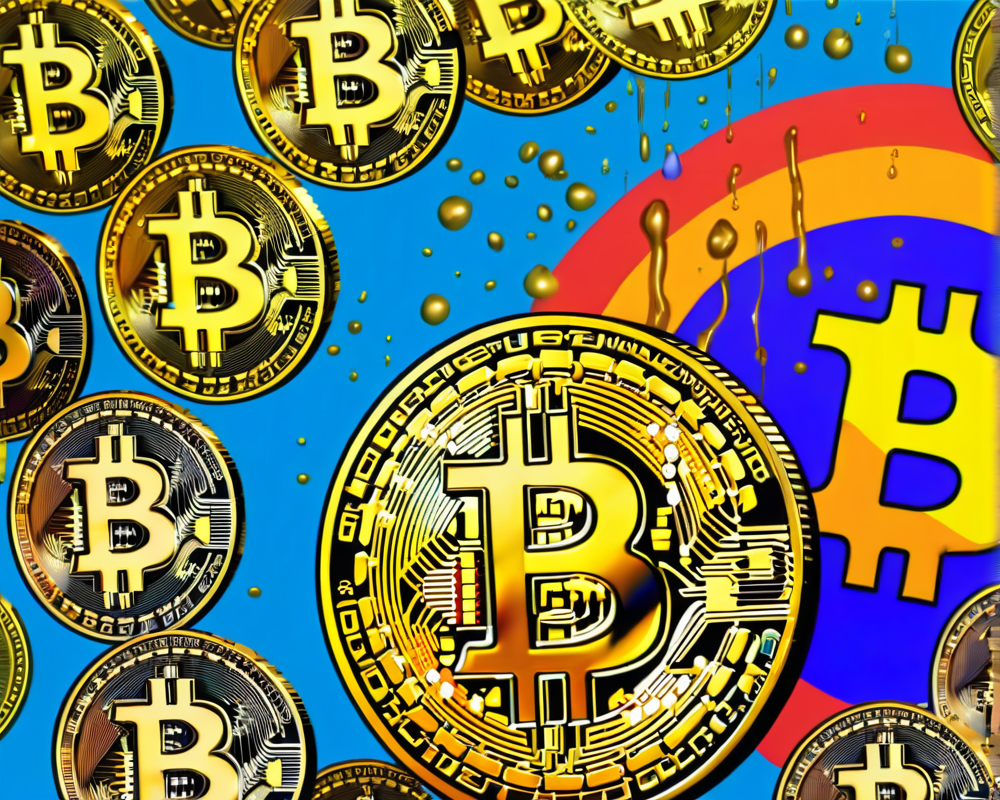The Origins of the ‘Digital Gold’ Concept
The term “digital gold” wasn’t bestowed upon Bitcoin all at once. Like many great things, it likely emerged from a combination of clever minds along the way. Most notably, Nathaniel Popper’s book, “Digital Gold,” published in 2015, seems to have thrust this phrase into the limelight. By December 2017, when Bitcoin hit the jaw-dropping price of $20,000, Google searches for ‘Bitcoin digital gold’ soared, making it evident that the analogy had sparked widespread interest.
Historical Context: Precious Metals and Money
For thousands of years, humanity has cherished precious metals as stores of value. From copper trinkets in ancient Egypt to shiny gold coins in the Roman Empire, the allure of metallic wealth has been undeniable. These metals served three primary functions: as a unit of account, a medium of exchange, and a store of value. Enter Bitcoin: a digital entity vying for a spot in this longstanding tradition.
Nick Szabo and the Bit Gold Concept
Before Bitcoin was a glimmer in the eye of daring developers, there was Nick Szabo’s vision of “bit gold.” This 1998 proposal outlined a futuristic form of secure digital currency, laying the groundwork for what would eventually evolve into Bitcoin. Szabo’s concept emphasizes how innovation is continuously building from previous ideas, creating a fascinating lineage leading up to our current digital assets.
The Ongoing Debate: Is Bitcoin Truly Digital Gold?
Fast forward ten years since Bitcoin’s inception, and the dialogue surrounding its place as “digital gold” is as heated as ever. Advocates point towards its scarcity, as only 21 million BTC can ever exist, advocating for its status as a reliable store of value. However, the critics have their fair share of concerns, mainly focused on Bitcoin’s notorious price volatility.
Arguments For Bitcoin as Digital Gold
- Scarcity: Like gold, Bitcoin is limited in supply.
- Decentralization: No single entity controls Bitcoin, making it resistant to censorship.
- Security: The blockchain technology that underpins Bitcoin is robust and trusted.
Arguments Against Bitcoin as Digital Gold
- Volatility: Bitcoin’s price swings can be quite dramatic, which may deter conservative investors.
- Market Sentiment: Speculative trading often drives short-term price movements.
- Regulatory Concerns: Uncertain regulations could jeopardize Bitcoin’s legitimacy.
Expert Opinions: Where Do We Stand?
To gauge the pulse of the crypto community, we consulted various industry experts, including Changpeng Zhao from Binance and award-winning tech leader Jonathan Reichental. Their responses underscore the complexity of the discussion. While some see Bitcoin as a hedge against inflation and a long-term investment, others caution that potential holders should be wary of its inherent risks.
Ultimately, whether Bitcoin can truly be considered digital gold is a nuanced question with no simple answer. As the global economy and technology evolve, this debate may continue to churn, reminding us all that the financial landscape is anything but static.




